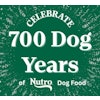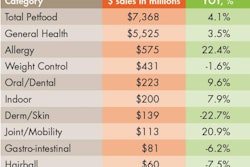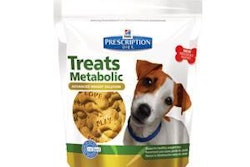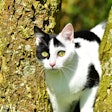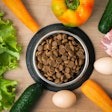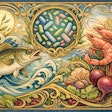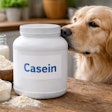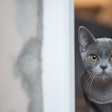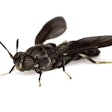In this study, scientists studied the effects of four different pelleted diets of increasing abrasiveness [due to both internal (phytoliths) and external abrasives (sand)] or whole grass hay fed for two weeks each in random order to 16 guinea pigs on incisor growth and wear, and tooth length of incisors and cheek teeth.
There was a positive correlation between wear and growth of incisors. Tooth lengths depended both on internal and external abrasives, but only upper incisors were additionally affected by the feeding of whole hay. Diet effects were most prominent in anterior cheek teeth. Cheek tooth angle did not become shallower with decreasing diet abrasiveness, suggesting that a lack of dietary abrasiveness does not cause the typical ‘bridge formation’ of anterior cheek teeth frequently observed in guinea pigs.
The findings suggest that other factors than diet abrasiveness, such as mineral imbalances and in particular hereditary malocclusion, are more likely causes for dental problems observed in this species.
Source: J. Müller et al., 2014. Tooth length and incisal wear and growth in guinea pigs (Cavia porcellus) fed diets of different abrasiveness. JAPAN online, July 2014. doi: 10.1111/jpn.12226.

